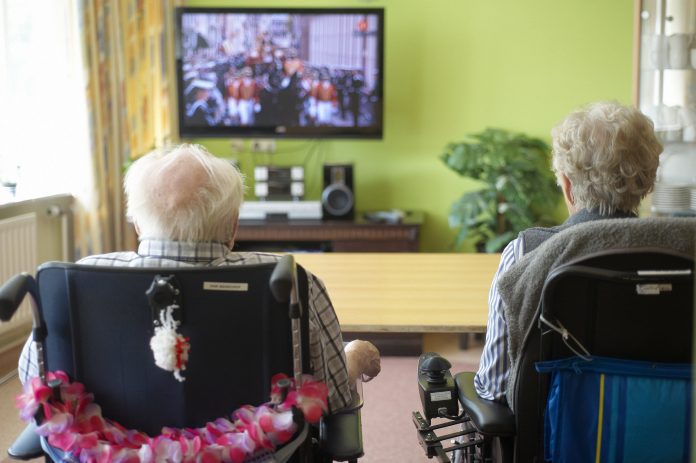The European Economic and Social Committee believes that aging in dignity should become a fundamental right. Europeans live longer, and this is good news. But with aging, new social, economic and health-related challenges are emerging which affect both the elderly and their families and societies. For too long this topic has been neglected and the growing needs of older people not anticipated, says the EESC.
In its opinion, the EESC highlights the enormous potential older people represent for new jobs and technological progress.
“In order to establish an accurate representation of the socio-demographic realities of aging, we need appropriate statistical measurements, coupled with a socio-sanitary approach”, outlines Jean-Pierre Haber, one of the rapporteurs of this opinion. “This could be done through national and regional aging observatories, working around a European coordination platform. In any case, our elders and their caregivers must be the co-creators of the solutions of the future.”
Harmonised minimum level of education
Literature and studies confirm that home-helpers, personal careers, care assistants and nurses are among the occupations that will create most jobs in the future. Special support should be provided for proper training, since their presence and activities are inextricably linked to the well-being of older people.
“We propose to establish a European minimum training/education programme for nurses in gerontology, caregivers and care assistants, not only on a technical level but also on a social and human level, in order to enable and strengthen the mobility of workers and services for older people”, says Marian Krzaklewski, rapporteur of this EESC opinion.
Furthermore, access to training should be facilitated, for instance through ICT tools that provide access to theory and information, or by organising online communities to facilitate exchange of knowledge and practices. Given the different approaches in the Member States, the EESC recommends establishing a common EU framework that includes the best of existing training programmes.
Housing policy with high-tech support
Older people want to live as long as possible in their own environment. For the EESC, it is essential that their preferences be respected, in dialogue with their families and relatives.
“However, the choice can no longer only be between live-in care and residential care homes”, underlined Haber. “Alternative facilities already exist, and those yet to be built need to be geared towards facilitating independent living. Thus their design should be based on people’s profiles and any particular medical conditions they may have.”
The EESC also calls for better use of digital technology innovations: telemedicine, sensors, a digital clinical card and digital medical records, as well as home automation technologies would not only enhance older people’s independence, but also make care more efficient and secure.
Building and urban policies should become more dynamic and flexible. A specific funding programme under the European Structural Funds should better promote and support innovative housing schemes.
Furthermore, the idea of age-friendly cities – promoted by the WHO -, which aim at optimising the health, integration and safety of older people, could be the taken up by the EU with a view to creating a programme that supports pilot projects in different European cities or semi-rural areas.
Guaranteeing suitable funding
An aging society needs better and more sustainable concepts to help guarantee that people can age with dignity and with as much independence as possible. Member States’ social security systems alone, however, will not be able to fund this solely through taxation. Therefore, other public and private sources, including pension funds, should be considered as potential sources of finance.
The EESC suggests the organisation of a financial roundtable, bringing together pension funds, insurers, banks, mutuals, etc. with the Commission, the EIB, and state authorities in order to ensure the continuity of good services for the elderly.
“The goal must be to ensure that all older people have access to successful symbioses between caregivers and the appropriate technology which are guaranteed by smart and sustainable finance systems”, concluded Jean-Pierre Haber.

